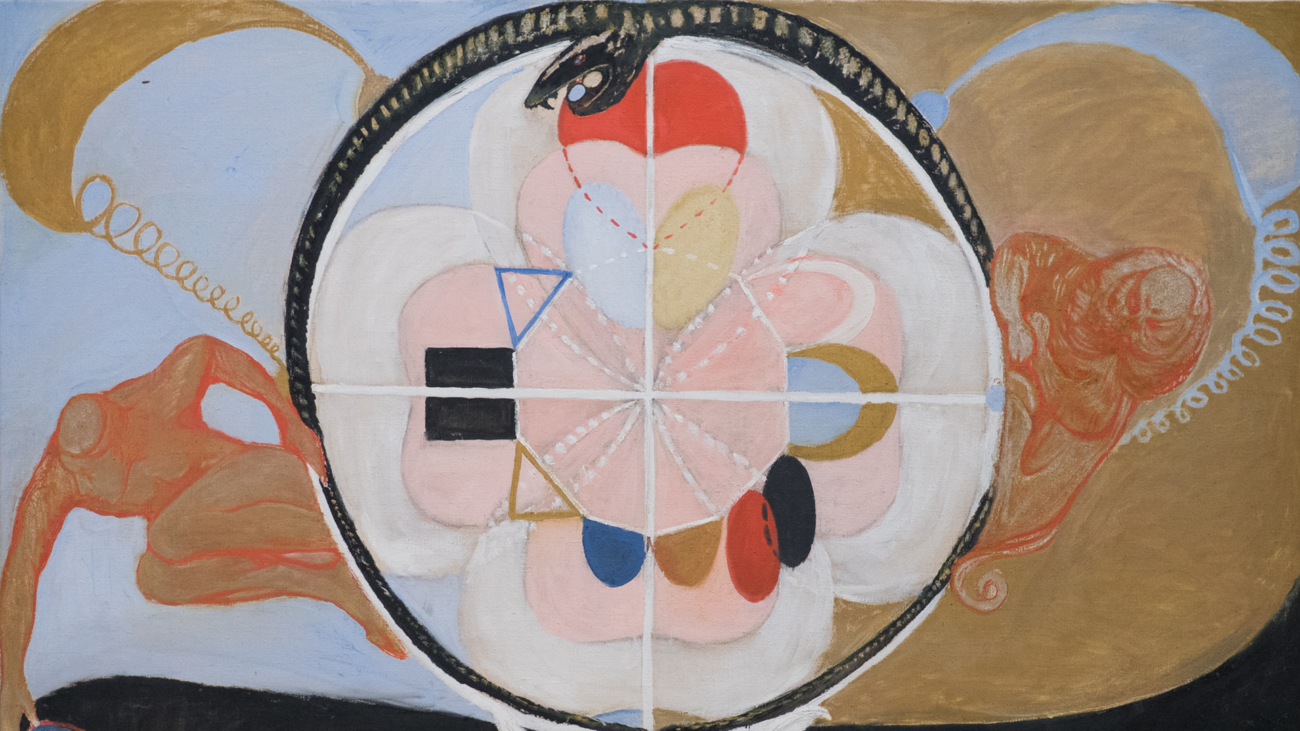I recently watched The 4 Horsemen of Meaning discussion between Jordan Peterson, John Vervaeke, Bishop Robert Barron, and Jonathan Pageau.
One of the topics they touch on is how there have been attempts recently to reframe Christianity. Rather than looking at it primarily as a set of moral prescriptions and prohibitions or an account of how an invisible sky father will punish you after you die, there is a movement to frame it first as a theory of reality and how the individual best relates to that reality.
This approach—which Bishop Barron at one point refers to as “leading with meaning and beauty”—is similar to how I have tried to frame Thelema.
I think Thelema has gone down a path very similar to that pursued by Christianity. It’s been reduced to a moral framing for occult practices or an affluent lifestyle.
As a Thelemite who is a IX° and a published author recently said, there is nothing to Thelema other than acceptance of Do what thou wilt.

None of the other teachings or practices matter. None of the other holy books matter. None of the other sentences in Liber AL matter.
One sentence, one book—we’ve arrived at Thelemic fundamentalism.
Against that, I have tried to emphasize the cosmology and metaphysics of Thelema, not as a dry, theoretical subject to learn, master, parrot, and move on from, but rather (1) something to consider as informing human action, and (2) something to think critically about in terms of its implications.
Rather than just flattening it into some anodyne, trite idea about “finding your path” or “maximizing your potential,” let’s talk about living with dignity.
Instead of falling back on a dogmatic, flabby relativism, let’s talk about the importance of honesty and living courageously.
Or instead of just giving a rote reaccounting of the doctrine of the Aeons, let’s talk instead about Horus as a symbol of the meeting place between Heaven and Earth, as the model of what it looks like to actually know God in this life.
Let’s restore and prioritize the mystical, wisdom-laden dimension of this.
The beauty dimension is important because in the experience of the beautiful, what is meaningful is made visible. Something which is ordinarily abstract is made concrete. It occupies the same space in which Heaven and Earth are united. Or it’s the visible shell around that, if you want to use a Neoplatonic metaphor.
While there don’t seem to be many Christians leading the charge on this in the context of Christianity, there are even fewer Thelemites leading the charge in the context of Thelema. So at least for the time being, that’s what makes my approach different from other approaches you’ll find out there.
